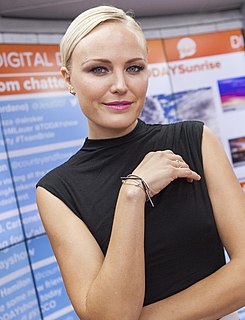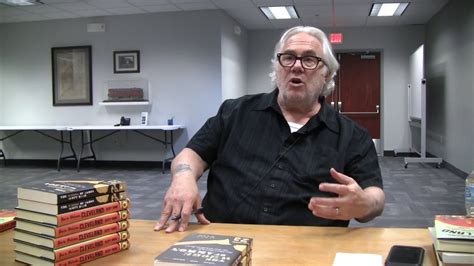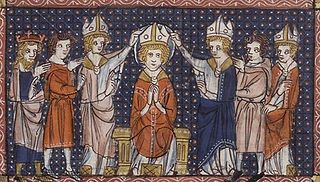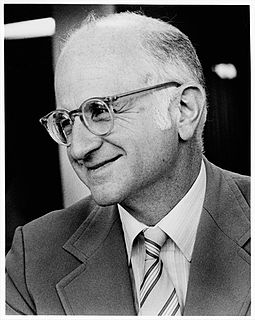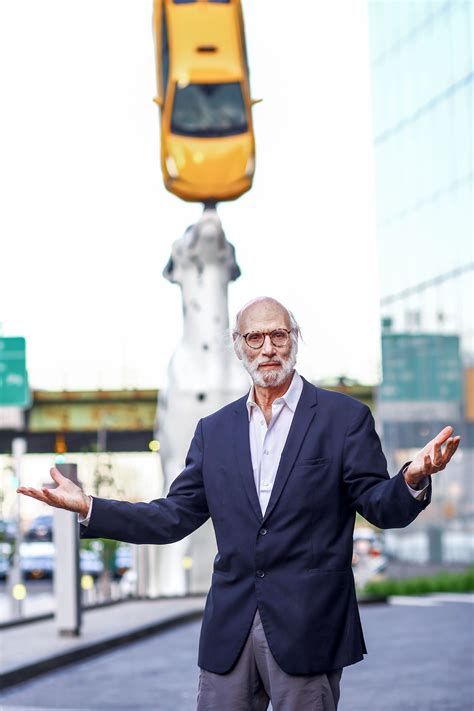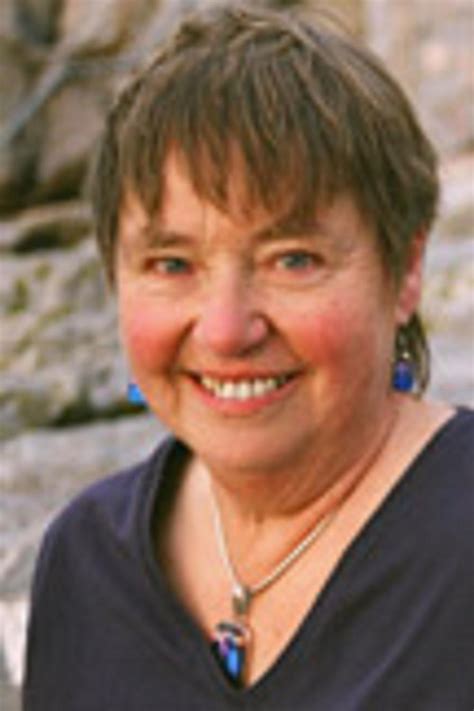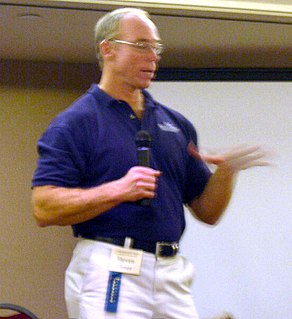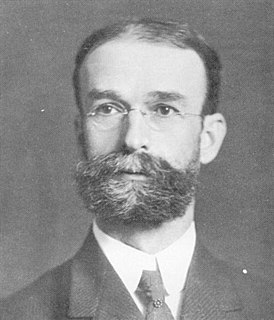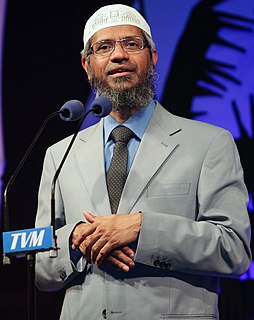A Quote by Benjamin Carson
I never had money for anything. But I tell you what did really work - books. Between the covers of those books I could go anyplace, I could be anybody, I could do anything.
Related Quotes
The world in books seemed so much more alive to me than anything outside. I could see things I'd never seen before. Books and music were my best friends. I had a couple of good friends at school, but never met anyone I could really speak my heart to. We'd just make small talk, play soccer together. When something bothered me, I didn't talk with anyone about it. I thought it over all by myself, came to a conclusion, and took action alone. Not that I really felt lonely. I thought that's just the way things are. Human beings, in the final analysis, have to survive on their own.
I wish I could go back and rewrite my first book, You Bright and Risen Angels; I could do a better job. But in the meantime, nobody knows as much about my books as I do. Nobody has the right but me to say which words go into my books or get deleted or edited. When I'm dying, I'll smile, knowing I stood up for my books. If I die with more money, that wouldn't bring a smile to my face. Unless I got better drugs or more delicious-looking nurses.
She understood now why her friend Elizabeth, with her near-genius, analytical mind gave wide berth to murder mysteries, psychological thrillers, and horror stories, and read only romance novels. Because, by God, when a woman picked up one of those steamy books, she had a firm guarantee that there would be a Happily-Ever-After. That though the world outside those covers could bring such sorrow and disappointment and loneliness, between those covers, the world was a splendid place to be.



